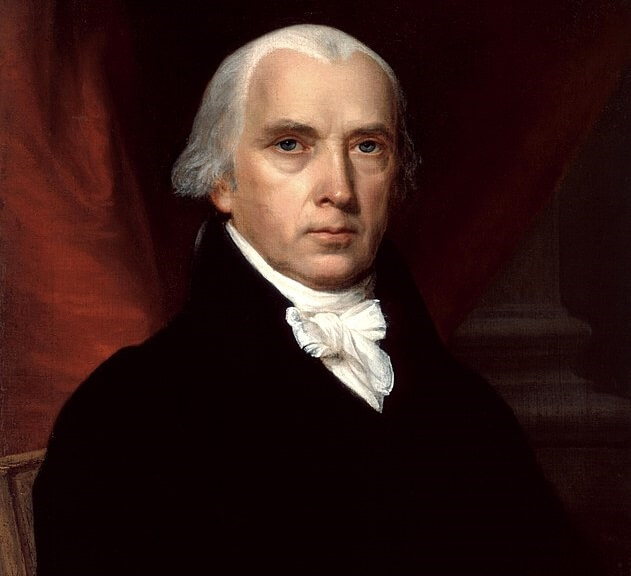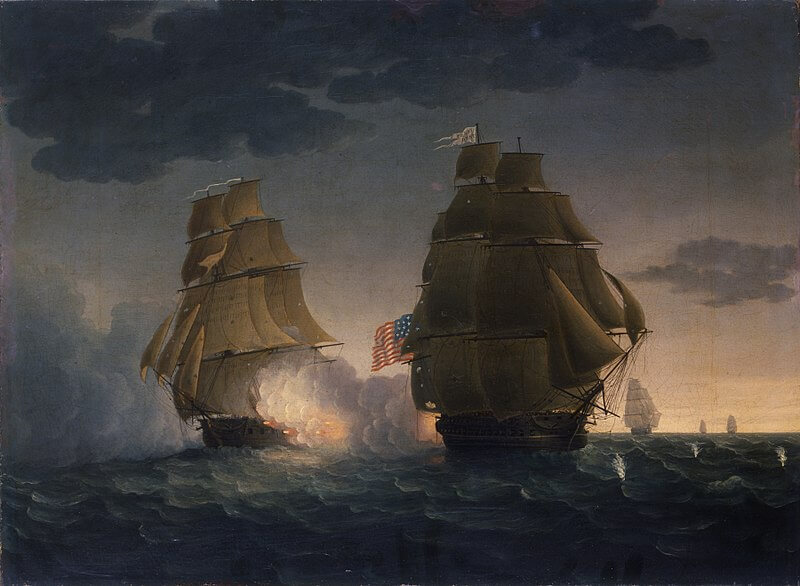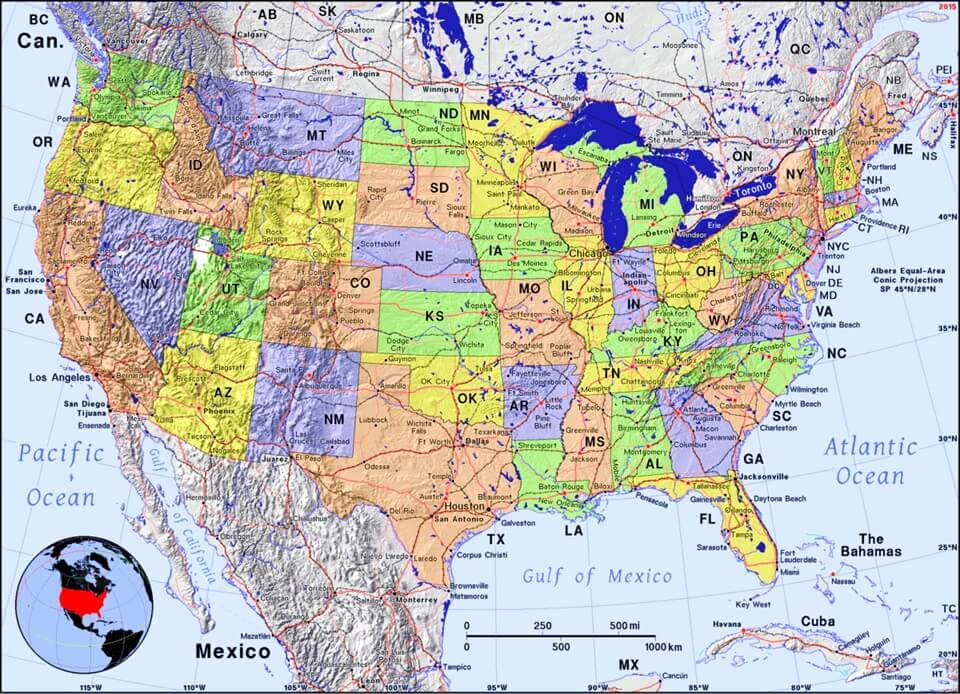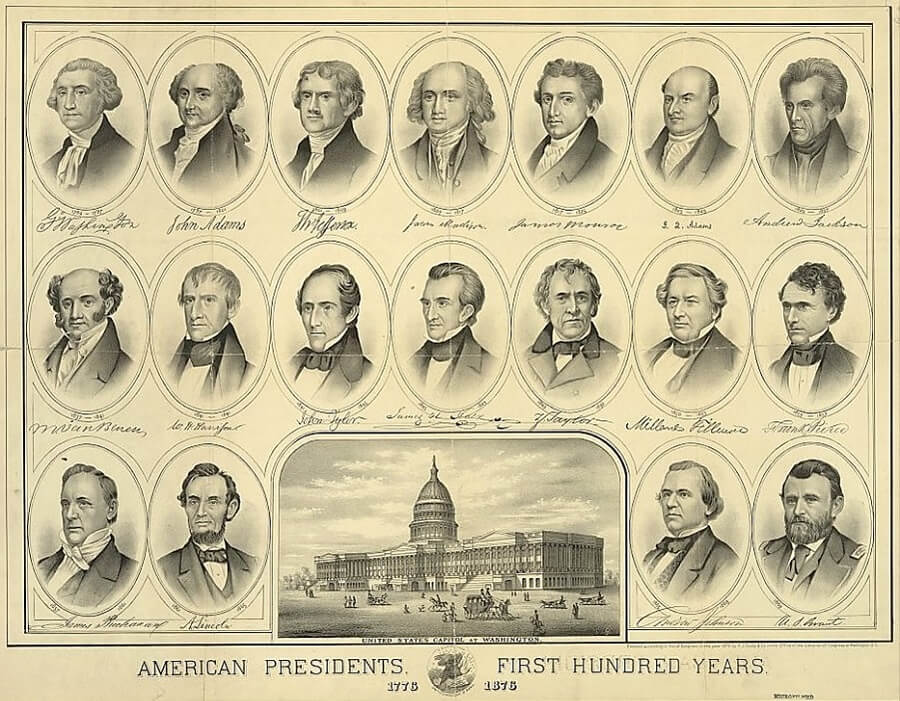 A History of the United States and its People Part II
A History of the United States
A History of the United States and its People Part II
A History of the United States



 A History of the United States and its People Part II
A History of the United States
A History of the United States and its People Part II
A History of the United States

Study the chapter for one week.
Over the week:
Activity 1: Narrate the Chapter
Activity 2: Study the Chapter Picture

Activity 3: Map the Chapter

Activity 4: Discuss the Chapter
Activity 5: Find the Presidents
The chapter refers to the following United States presidents: Thomas Jefferson and John Adams.

Activity 6: Complete Copywork, Narration, Dictation, and Mapwork
